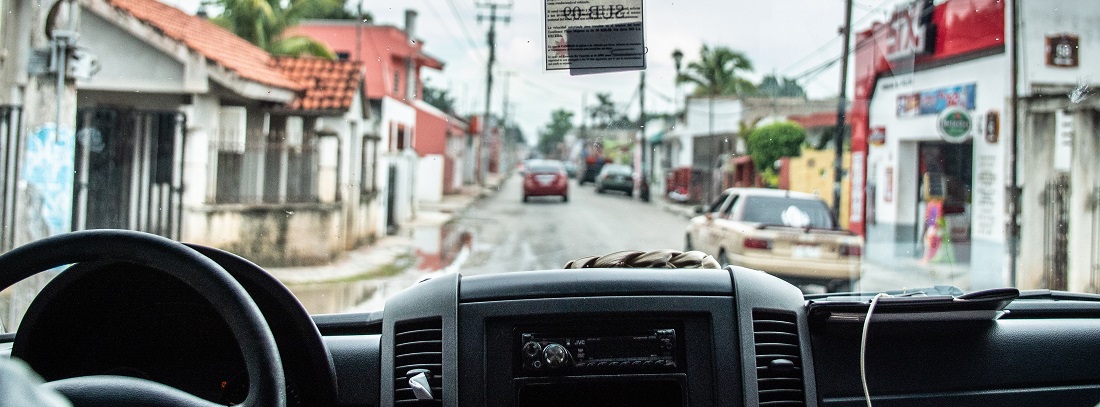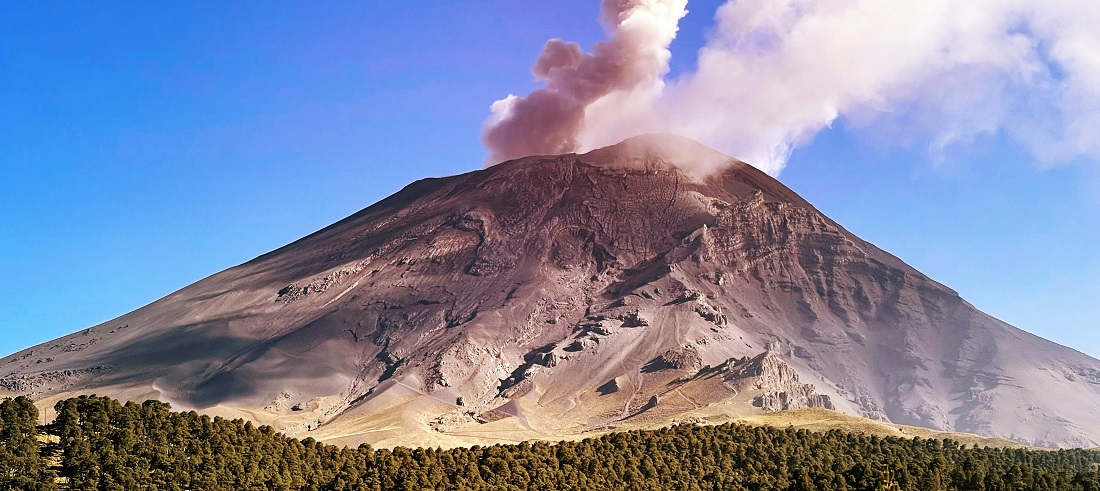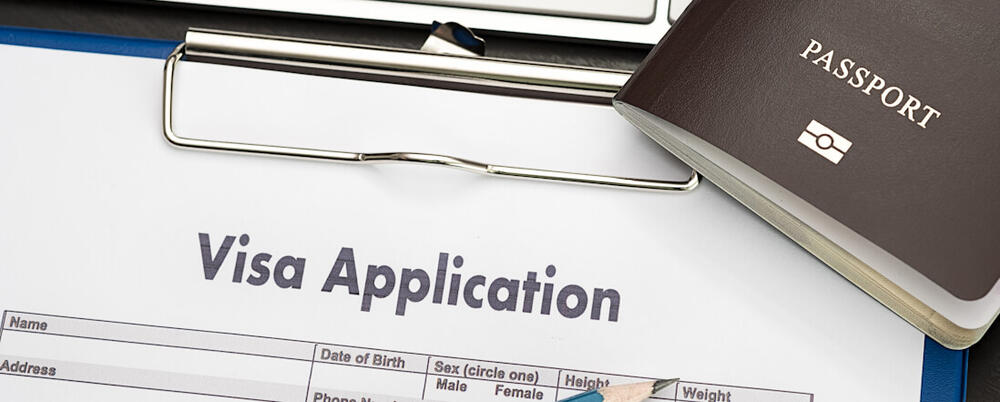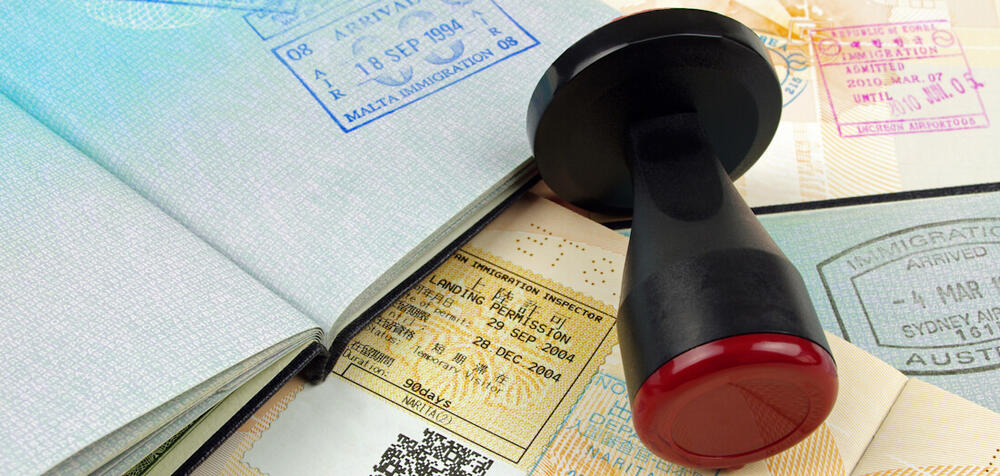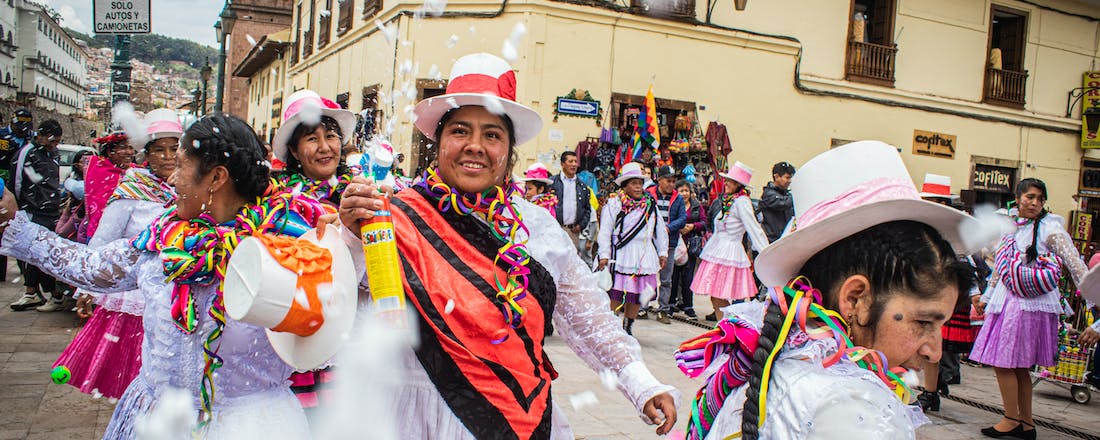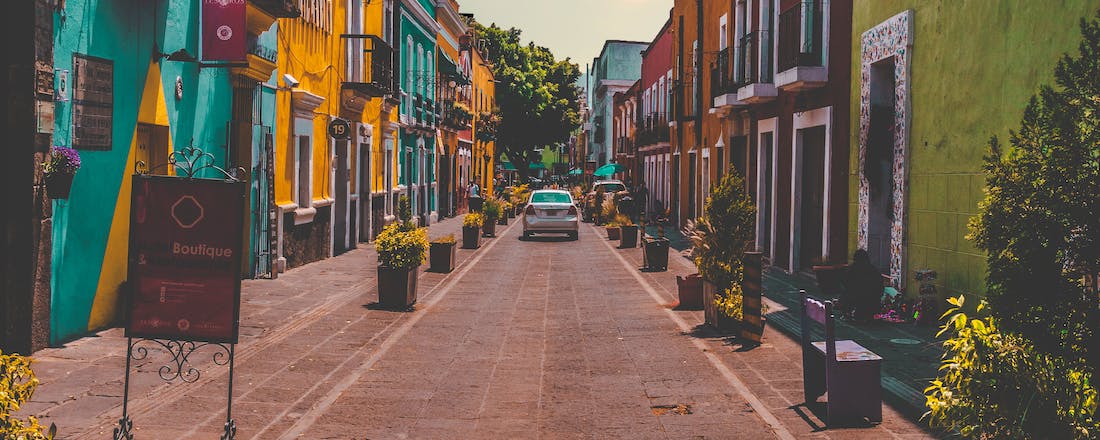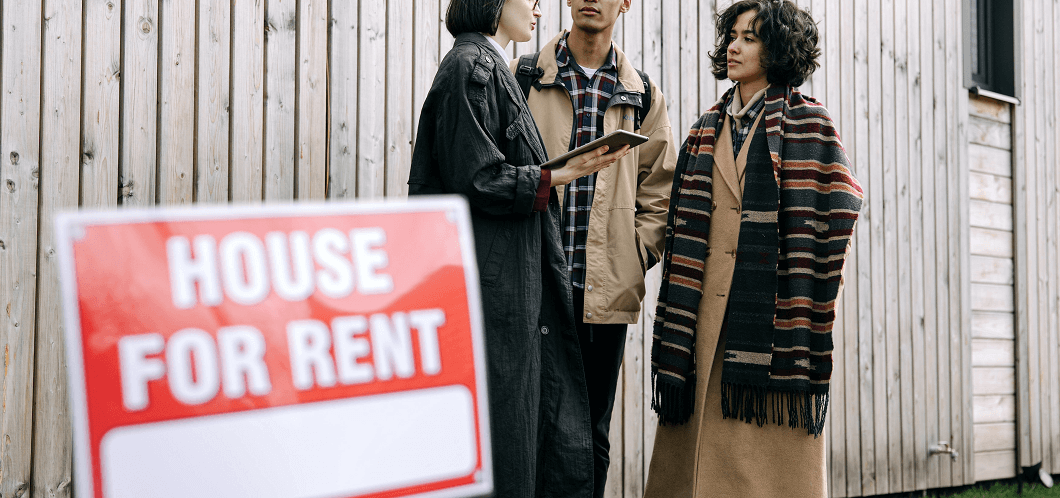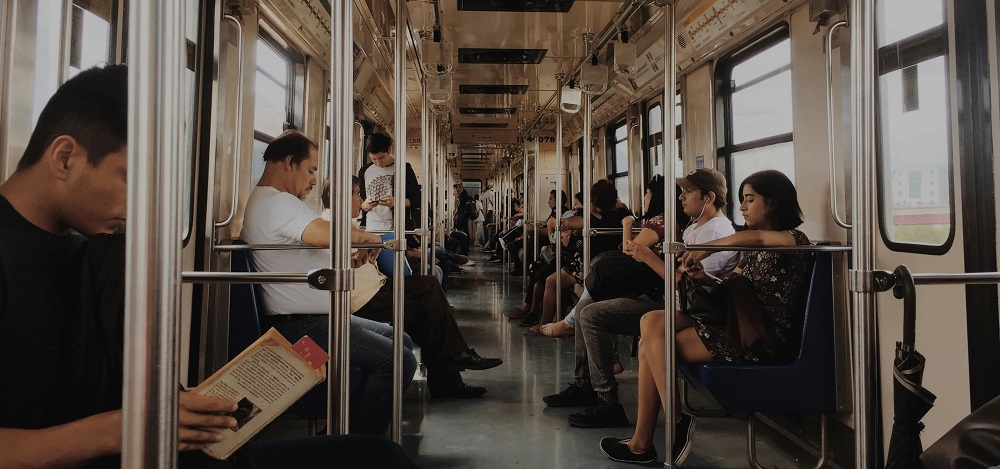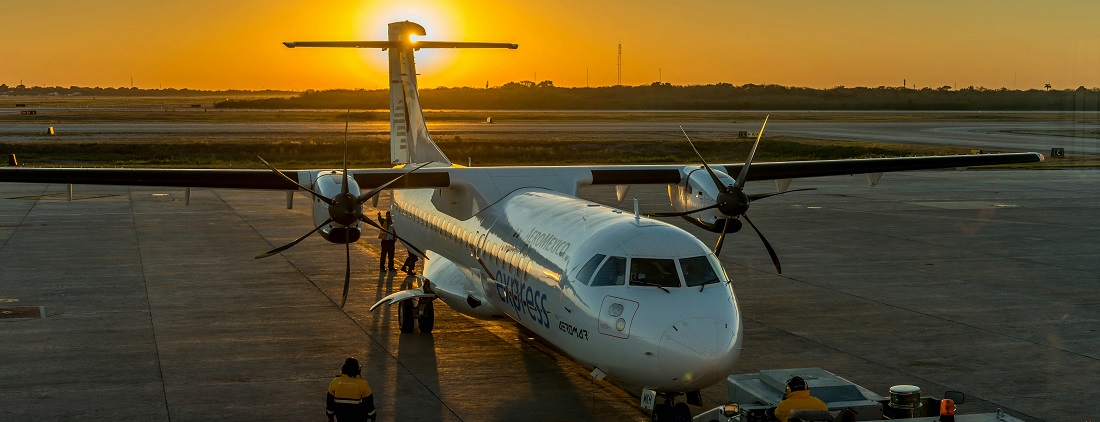Shipping regulations in Mexico may seem complicated, but luckily, expats have an opportunity to import their items duty-free within the first six months of their arrival in Mexico. This is allowed only once, and the goods must be accompanied by an itemised list, with additional copies and a certification by the local consulate.
It's important to decide if it's worth the complications of shipping, or necessary to hire assistive services, as well as consider the regulations for importing household items, vehicles and pets into Mexico.
Before shipping their items over, expats should ensure it's worth the hassle and cost. Shipping can get expensive, and modern appliances can be bought easily in Mexico, and so can furniture and custom-design items.
It is also possible to rent a furnished house or apartment. In some cases, though, expats may want to ship sentimental goods that cannot easily be replaced.
Hiring shipping and removals companies
When moving abroad, expats face multiple challenges, and Mexico’s customs procedures can be complicated.
Customs brokers and shipping and removals companies can ease the process of transporting goods that don’t fit into a suitcase. They are a costly solution, but it may be easier than trying it alone. Alternatively, relocation companies are a one-stop solution: not only do they help with moving goods, but they provide inclusive and comprehensive services to help expats immigrate and settle in. This is an expensive route but can ease a lot of the stresses and is worth considering.
When moving goods, it is important to insure them against damage. Most shipping companies have insurance included in their package, but it is important to check and confirm the prices.
Shipping household items to Mexico
Shipping goods to Mexico can seem like a mission: there are many rules, regulations and hidden costs, dependent on the type of visa.

Menaje de Casa
Expats need to consult the nearest Mexican embassy or consulate and apply for a Certificate for Household Goods List (Menaje de Casa). For this, their visa must already be processed as the application needs expats' passport and visa information as well as a detailed itinerary with copies in Spanish, including serial numbers for electronic goods.
Expats with temporary residence (with an FMM, temporary residence visa or student temporary resident visa) need to export any imported goods when they leave. Those with permanent residence can bring their goods over indefinitely.
Expats may be granted duty-free imports on certain goods imported within six months after arriving in the country, but there are normally costs involved. This includes application fees for the Menaje de Casa and fees when going through a customs broker or removals company.
Customs regulations on household goods
Firearms cannot be imported, and food and beverages are not considered household goods.
While furniture, linen and clothing can be imported, only electric appliances older than six months are allowed, and they must correspond to the number of family members – not including more than one of each major electronic appliance (such as a washing machine or oven). When shipping electronic goods, expats should verify their voltage and electricity usage aligns with Mexican standards.
Useful links
- The Government of Mexico's website has more information on customs and shipping goods to the country.
- Expats should refer to their Mexican embassy and see the customs regulations for a full list of items that are allowed or prohibited.
Shipping pets to Mexico
Bringing cats and dogs into Mexico through the border is usually not a problem, but owners should have recent documentation of vaccinations, including ones for rabies and distemper. Pets must also be microchipped. Additional fees are likely charged when bringing four or more pets in.
Expats who have more exotic pets than cats and dogs will need to check with a Mexican consulate for the latest guidelines.
Pets arriving at airlines are required to have a certificate of health issued just before their arrival – one for each pet travelling. Pets must travel in a pet carrier which fulfils the criteria of the airline. Rules may differ across airlines, so check their website for specific requirements.
Pet owners must ensure the health and safety of their animals when bringing them into Mexico, for example, if travelling by car, animals should not be left alone for a long time in a hot vehicle.
When entering and leaving Mexico with pets, expats must see SAGARPA, the Secretariat of Agriculture, Livestock, Rural Development, Fishing and Food, who will check that everything is in order at the port of entry/exit.
Useful links
- Expats can visit the Secretariat of Agriculture, Livestock, Rural Development, Fishing and Food's website to learn more about shipping pets to Mexico.
Shipping vehicles to Mexico

Shipping a vehicle into Mexico will depend on the type of visa the expat holds and can be a tricky thing for some. Regulations are not standard across the country, differing between states.
Expats who hold the FMM visitor visa, have temporary residence, or student temporary residence visas can import their car into Mexico from abroad. They must get a Temporary Import Permit, a TIP, issued at the border. The TIP is normally valid for as long as the visa is valid.
Permanent residents will have to take a different route if they want to keep their car; they are no longer able to drive a vehicle with a foreign number plate in Mexico. This is when a shipping company and customs broker must help – customs brokers can resolve this process, but taxes and duties must be paid, plus service charges to the broker.
Alternatively, expats could export the car from Mexico permanently or sell it to someone else with the appropriate visas and permits.
Whether importing a foreign-licensed vehicle or buying a car in Mexico, expats must be sure to check the driving regulations in place in their state and city.
